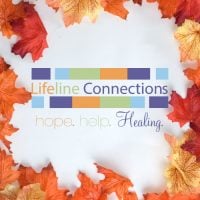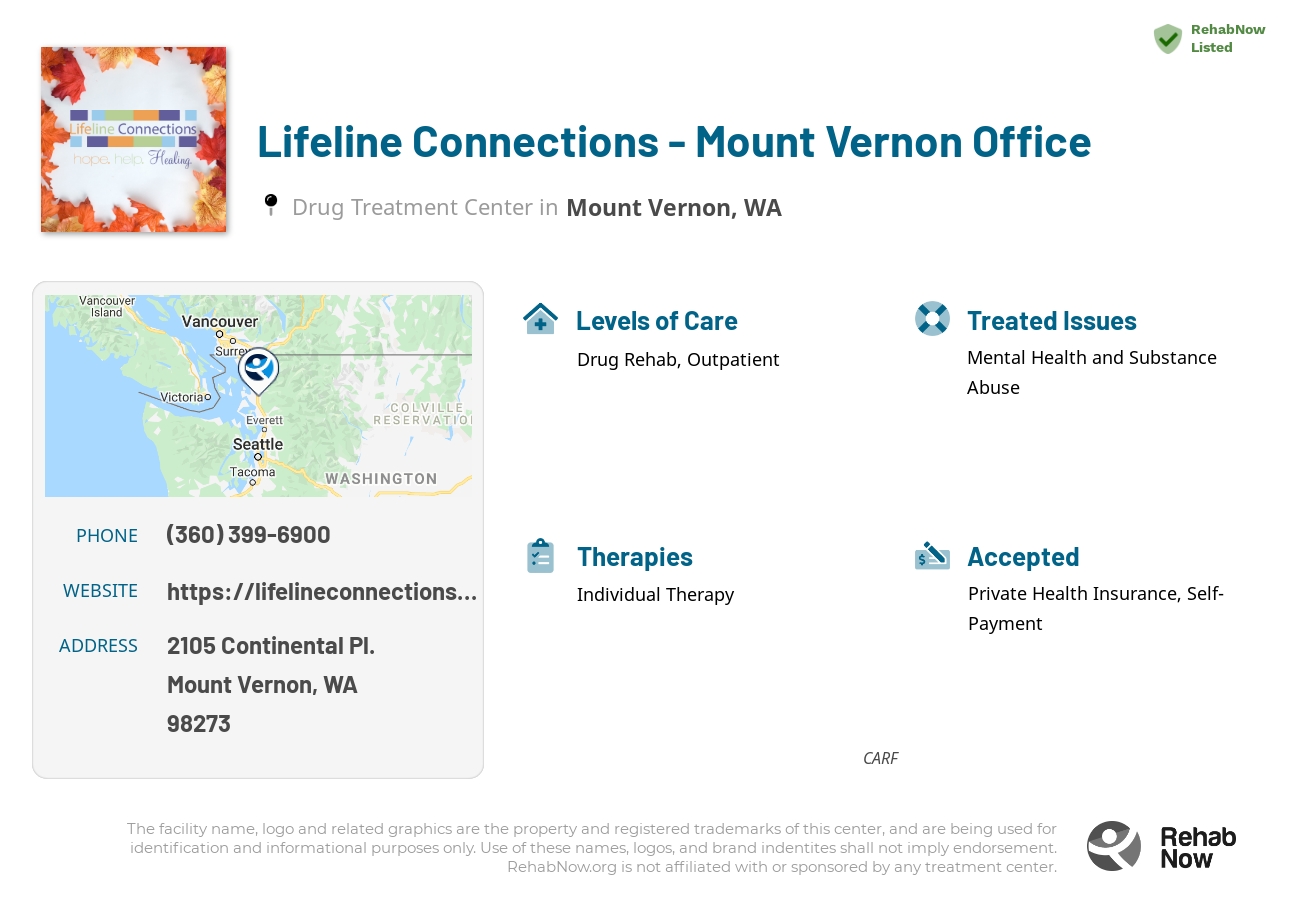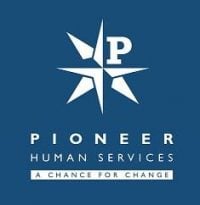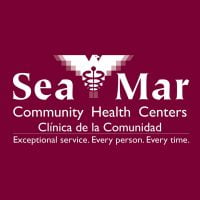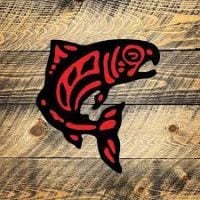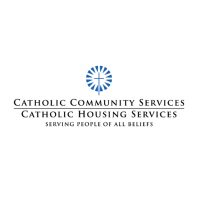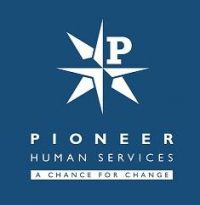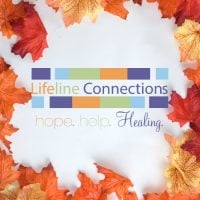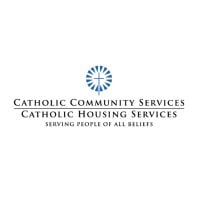Lifeline Connections - Mount Vernon Office
Drug Rehab Center in Mount Vernon, Washington
Lifeline Connections Drug Rehab is a CARF, NAATP, and Washington State accredited rehab program located in Mount Vernon, Washington, providing various levels of care for people struggling with alcoholism, dual diagnosis, and drug addiction, and accepts most private health insurance plans to help cover the cost of treatments.
About This Washington Facility
Lifeline Connections – Mount Vernon Office, nestled in Mount Vernon, Washington, stands out as a beacon of hope for individuals struggling with mental health and substance abuse issues. This non-profit rehab is dedicated to providing a path to sobriety through its unique approach that encompasses both compassionate care and comprehensive treatment options.
- Accredited Care: Lifeline Connections boasts accreditations from CARF, NAATP, and holds a state license, ensuring high-quality standards in treatment.
- Comprehensive Services: Offers a wide range of services including detox, inpatient, outpatient, and residential programs tailored to individual needs.
- Holistic Approach: The facility emphasizes treating the whole person, focusing on mental, emotional, physical, and spiritual recovery aspects.
Lifeline Connections – Mount Vernon Office is recognized for its commitment to excellence, as evidenced by its multiple accreditations. The facility's approach combines mental health services with substance abuse treatment, providing a well-rounded and effective recovery process.
This center addresses a variety of issues, including alcoholism, drug addiction, and dual diagnosis. Treatment methods are diverse, offering everything from medication management and individual counseling to group therapy and aftercare, catering to the unique journey of each individual towards recovery.
Genders
Ages
Modality
Additional
Accreditations
State License
NAATP

CARF
The Commission on Accreditation of Rehabilitation Facilities (CARF) is a non-profit organization that specifically accredits rehab organizations. Founded in 1966, CARF's, mission is to help service providers like rehab facilities maintain high standards of care.
Conditions and Issues Treated
Levels of Care Offered at Lifeline Connections - Mount Vernon Office
This center offers a variety of custom treatment tailored to individual recovery. Currently available are Detox, Drug Rehab, Inpatient, Outpatient, Residential, with additional therapies available as listed below.
The detoxification process typically includes some combination of the following: medical supervision, medication to help alleviate withdrawal symptoms, drug testing to monitor progress, and counseling.
Tackling the physical symptoms of withdrawal is essential to ensure that an individual can focus on the psychological aspects of the addiction without focusing on the physical pain that comes with withdrawal.
Withdrawal symptoms can be uncomfortable, even life-threatening, so carefully managing the detox process is extremely important. In many cases, more advanced pharmaceutical interventions are used to treat more severe withdrawal symptoms. Medication might help alleviate discomfort associated with detox, including nausea and headaches.
Inpatient treatment centers offer a safe, secure, and often medically supervised environment for drug or alcohol-addicted individuals. Many of these facilities are equipped to provide detoxification, treatment for co-occurring mental health disorders, and aftercare programs. The patient typically spends 28 to 30 days at the facility and will receive extensive drug counseling.
An outpatient treatment program is set up to help with alcohol or drug addiction or a co-occurring disorder. The patient must attend the facility for their therapy and other programs but can return home each night.
The frequency of mandatory attendance decreases after much of Lifeline Connections - Mount Vernon Office‘s program is complete.
Outpatient treatment is a recovery approach that allows recovering addicts to live at home while getting rehab for addiction
An outpatient can include day treatments which include attending group sessions one hour per week. A person living in an outpatient environment may be allowed the opportunity to work full time if they choose to and continue studies without interruption from drugs/alcohol.
Outpatient treatment is an option for people who want to maintain their careers and families. Outpatients live at home but attend treatment such as individual counseling, group counseling, or twelve-step meetings during the day.
Residential treatment programs are those that offer housing and meals in addition to substance abuse treatment. Rehab facilities that offer residential treatment allow patients to focus solely on recovery, in an environment totally separate from their lives. Some rehab centers specialize in short-term residential treatment (a few days to a week or two), while others solely provide treatment on a long-term basis (several weeks to months). Some offer both, and tailor treatment to the patient’s individual requirements.
Therapies & Programs
At Lifeline Connections - Mount Vernon Office , to learn from past mistakes and improve one’s situation, the recovering person meets individually with a therapist. The counselor or therapist will address addiction causes, triggers, mental issues, dual diagnosis, and aftercare plans during this time. This is a very intense and challenging process. Some clients find it easier to open up to someone other than family or friends who understand their struggles with addiction.
Family therapy is a crucial part of drug treatment and getting sober. It is one of the most effective ways to help addicts stay on the path to long-term sobriety. An addict’s family can play a vital part in helping them to avoid relapse. They can spot the warning signs and help them get back on track.
In group therapy, recovering addicts meet with a therapist and other people in recovery. Some groups are closed, meaning only people who share the same addiction or problem can attend. Others are open to anyone who wants to stop using drugs or drinking alcohol. Group therapy sessions typically focus on one topic each week or month so that recovering addicts can discuss issues they face daily.
Drug and alcohol addiction can lead to a breakdown in life skills. Learning certain life skills can help those who are struggling with addiction. Life skills training at Lifeline Connections - Mount Vernon Office in Mount Vernon, WA teaches patients skills such as time management, budgeting, and social abilities to improve their quality of life and prevent relapse.
An addict’s life skills are maladaptive, meaning they are counterproductive. An addict may have learned poor time management skills growing up, have a hard time budgeting money, or be socially awkward. An addict’s poor life skills can lead to relapse and the inability to achieve long-term sobriety. Life skills training teaches patients effective coping mechanisms, which can help them live a clean and sober life.
Patient Experience
Equine Therapy at Lifeline Connections - Mount Vernon Office in Washington
The therapy uses horses to treat addicts in a variety of ways. The most common use of this therapy is to teach the addict how to communicate, connect and work with the horse. It takes a lot of trust on both sides for this to work. The addict must be able to trust the horse, and the horse needs to trust the addict.
The addicts are taught how to establish a bond with the horse and to establish trust between them. Often addicts who have been victims of abuse or suffered from other significant issues, such as the loss of a loved one, use this therapy to learn how to be in control and build their self-confidence.
Payment Options Accepted
For specific insurance or payment methods please contact us.
Is your insurance accepted?
Ask an expert, call (888) 674-0062
Lifeline Connections Associated Centers
Discover treatment facilities under the same provider.
- Lifeline Connections - Crisis Wellness Center in Vancouver, WA
- Lifeline Connections - Orchards Office in Vancouver, WA
- Lifeline Connections - Bellingham Office in Bellingham, WA
- Lifeline Connections - Recovery Resource Center in Vancouver, WA
- Lifeline Connections - Meriwether Place Office in Vancouver, WA
Learn More About Lifeline Connections Centers
Additional Details
Specifics, location, and helpful extra information.
Mount Vernon, Washington 98273 Phone Number(360) 399-6900 Meta DetailsUpdated April 15, 2024
Staff Verified
Patient Reviews
There are no reviews yet. Be the first one to write one.
Mount Vernon, Washington Addiction Information
Washington's substance use, abuse, and addiction rates have followed the trends of the rest of the over the past years. Methamphetamine abuse is the biggest threat to Washington. Heroin-related overdoses increased by almost 450% from 2006 to 2016. 20% of all annual deaths in Washington are somehow drug and/or alcohol-related. Drugs are widely abused in Washington because they are easily trafficked in and out of the state.
Marijuana is the most commonly used drug in Mount Vernon, followed by cocaine and prescription drugs. 4.2% of residents report past-year abuse of illicit drugs, which is higher than the national average of 3.8%. There were 602 emergency room visits related to drug abuse in 2016.
Treatment in Nearby Cities
- Kelso, WA (160.9 mi.)
- Sumner, WA (85.6 mi.)
- Duvall, WA (50.7 mi.)
- Eastsound, WA (32.0 mi.)
- Shelton, WA (92.0 mi.)
Centers near Lifeline Connections - Mount Vernon Office
The facility name, logo and brand are the property and registered trademarks of Lifeline Connections - Mount Vernon Office, and are being used for identification and informational purposes only. Use of these names, logos and brands shall not imply endorsement. RehabNow.org is not affiliated with or sponsored by Lifeline Connections - Mount Vernon Office.
